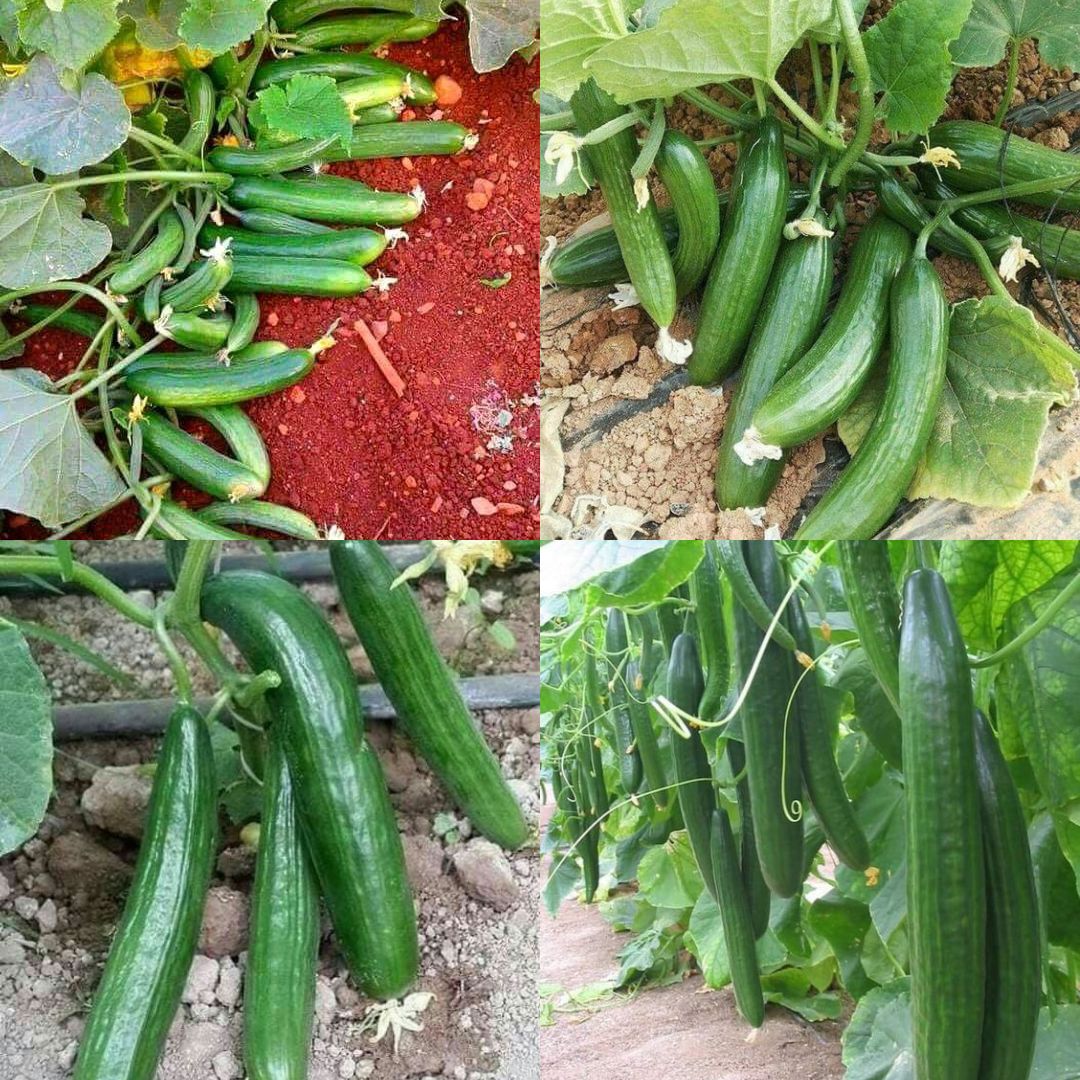
Growing cucumbers can be incredibly rewarding, but ensuring a healthy and bountiful crop requires some careful attention to soil nutrition. One natural and effective amendment you can use is wood ash. Here’s how wood ash can benefit your cucumber plants and how to use it effectively.
Benefits of Using Wood Ash
- Potassium Source: Wood ash is rich in potassium, an essential nutrient that helps plants with water regulation, flowering, and fruiting. Potassium improves the overall health and productivity of cucumber plants.
- pH Adjustment: Wood ash can help raise the pH of acidic soils, making them more neutral and suitable for growing cucumbers.
- Micronutrients: Besides potassium, wood ash contains small amounts of essential micronutrients like calcium, magnesium, and phosphorus, contributing to the overall nutrient profile of your soil.
- Pest Deterrent: The alkaline nature of wood ash can help deter pests such as slugs and snails, which can damage young cucumber plants.
How to Prepare and Use Wood Ash
- Collecting Wood Ash: Use ash from hardwoods like oak, maple, or beech, as they contain higher nutrient levels. Avoid using ash from treated wood, painted wood, or charcoal briquettes, as they can contain harmful chemicals.
- Storing Wood Ash: Store the ash in a metal container with a tight-fitting lid to keep it dry and prevent it from absorbing moisture from the air.
How to Apply Wood Ash in Your Cucumber Garden
- Soil Preparation: Before planting, incorporate wood ash into the soil. Apply about 1-2 pounds of ash per 100 square feet and mix it thoroughly into the top 6-8 inches of soil. This helps raise soil pH and improves nutrient availability.
- Planting: When planting cucumber seeds or seedlings, sprinkle a small amount of wood ash into each planting hole. This provides a potassium boost right at the root zone.
- Top Dressing: During the growing season, you can apply wood ash as a top dressing around the base of the plants. Lightly sprinkle the ash and gently work it into the soil, being careful not to disturb the roots.
- Compost: Add wood ash to your compost pile to enhance its nutrient content. Mix it in well to ensure even distribution.
Tips for Using Wood Ash
- Moderation is Key: Too much wood ash can raise the soil pH too high, making it difficult for plants to absorb certain nutrients. Use it sparingly and test your soil pH regularly.
- Avoid Wet Conditions: Do not apply wood ash during wet or windy conditions to prevent it from washing away or blowing off the soil.
- Combine with Organic Matter: Wood ash works well when combined with other organic amendments like compost or well-rotted manure to create a balanced nutrient profile.
Conclusion
Using wood ash in your cucumber garden is a natural and effective way to boost plant health and increase your yield. By providing a rich source of potassium and helping to balance soil pH, wood ash can help your cucumber plants thrive. Incorporate this simple technique into your gardening routine and enjoy larger, healthier, and more abundant cucumbers this season!